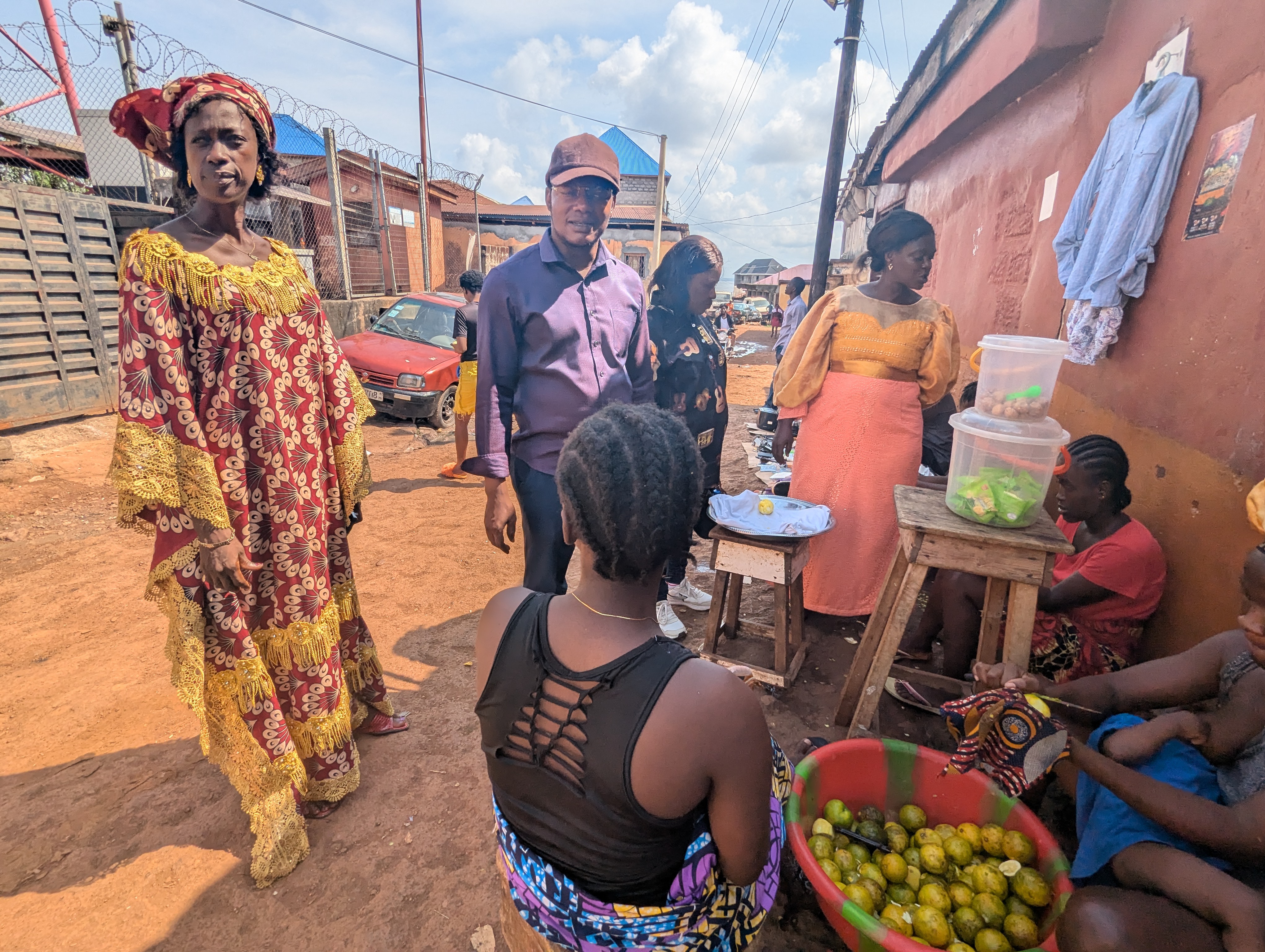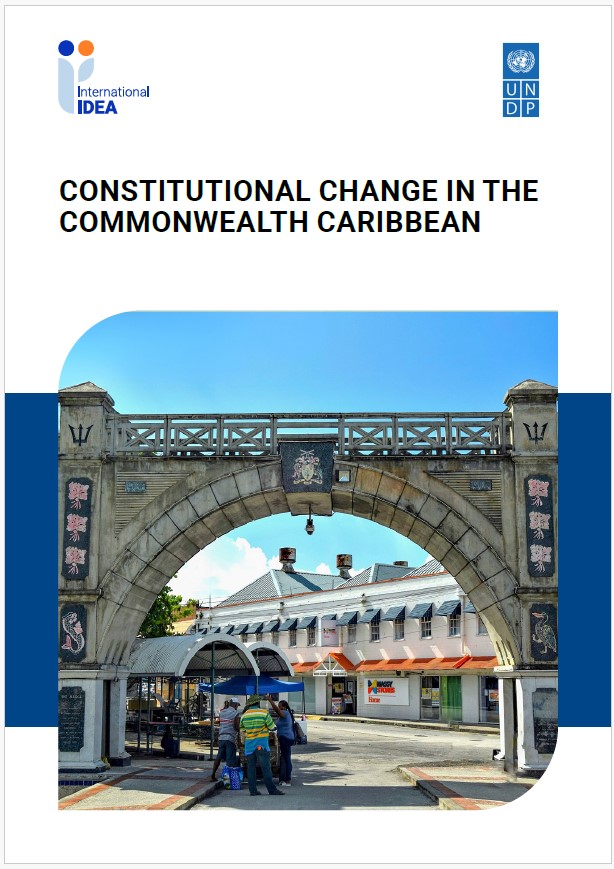Search
Region
Country
Type
Disclaimer: Views expressed in this commentary are those of the staff member. This commentary is independent of specific national or political interests. Views expressed do not necessarily represent the institutional position of International IDEA, its Board of Advisers or its Council of Member States.
La oficina subregional de IDEA Internacional para México y Centroamérica acaba de publicar la catorceava entrega del Boletín de Justicia Electoral sobre las redes sociales y su uso en las elecciones.
Disclaimer: Views expressed in this commentary are those of the staff member. This commentary is independent of specific national or political interests. Views expressed do not necessarily represent the institutional position of International IDEA, its Board of Advisers or its Council of Member States.
International IDEA's Senior Programme Manager for Asia & the Pacific, Adhy Aman, in a webinar with an Indonesian audience organized by the Association for Elections and Democracy (Perludem) on Monday, 6 April 2020, suggested the need for alternative methods of elections to be considered during the COVID-19 crisis, in addition to considering alternative dates for the postponed or suspended elections.
Myanmar’s 2008 Constitution is hard to amend. It includes a high parliamentary threshold: to pass any amendment proposal more than 75 per cent of parliamentarians need to approve, and also entrenches an effective veto power for the armed forces of Myanmar (the Tatmadaw).
La pandemia del coronavirus cambiará la geopolítica y pone los países de América Latina ante un difícil reto, dice Kevin Casas Zamora.
Aclaración: Las opiniones expresadas en este artículo son exclusivas de su autor e independientes de intereses nacionales o políticos particulares. Además, estas opiniones no representan necesariamente la posición institucional de IDEA Internacional, su Junta de Asesores o su Consejo de Estados Miembros.
Disclaimer: Views expressed in this commentary are those of the staff member. This commentary is independent of specific national or political interests. Views expressed do not necessarily represent the institutional position of International IDEA, its Board of Advisers or its Council of Member States.
Disclaimer: Views expressed in this commentary are those of the staff member. This commentary is independent of specific national or political interests. Views expressed do not necessarily represent the institutional position of International IDEA, its Board of Advisers or its Council of Member States.
Aclaración: Las opiniones expresadas en este artículo son exclusivas de su autor e independientes de intereses nacionales o políticos particulares. Además, estas opiniones no representan necesariamente la posición institucional de IDEA Internacional, su Junta de Asesores o su Consejo de Estados Miembros.
As more than forty countries worldwide have postponed their elections to minimise the spread of the COVID-19, a handful of countries proceeded with theirs in the month of March. Vanuatu, an archipelagic nation in the South Pacific with a population of around 300,000, was one of them.
El 15 de marzo se llevaron a cabo las elecciones municipales extraordinarias, las cuales habían sido suspendidas en febrero pasado. Con más del 50 por ciento de los votos, la oposición liderada por el Partido Revolucionario Moderno (PRM) ganó la mayoría de los municipios.
Disclaimer: Views expressed in this commentary are those of the staff member. This commentary is independent of specific national or political interests. Views expressed do not necessarily represent the institutional position of International IDEA, its Board of Advisers or its Council of Member States.
The global spread of COVID-19 (the novel coronavirus disease) has profoundly impacted on the delivery of public services and routine events that are integral to inclusive societies. Electoral processes are one such event.
El pasado lunes 09 de marzo el gobernador del Departamento de Santa Cruz, Rubén Costas, presentó la Ley No. 187, promulgada por él en días pasados y aprobada—previamente—por unanimidad en el seno del parlamento cruceño.
The governor of the autonomous region of Santa Cruz, Rubén Costas, presented on Monday, 9 March 2020, the law No. 187, which he himself had earlier enacted after its unanimous approval in the region’s legislative assembly.
Este artículo está disponible en español.
The scale, ambition and approach of the Agenda 2030 for Sustainable Development, and its SDG framework, are unprecedented.
The SDGs are global in nature and universally applicable; they consider national contexts, capacities, and levels of development and challenges.


